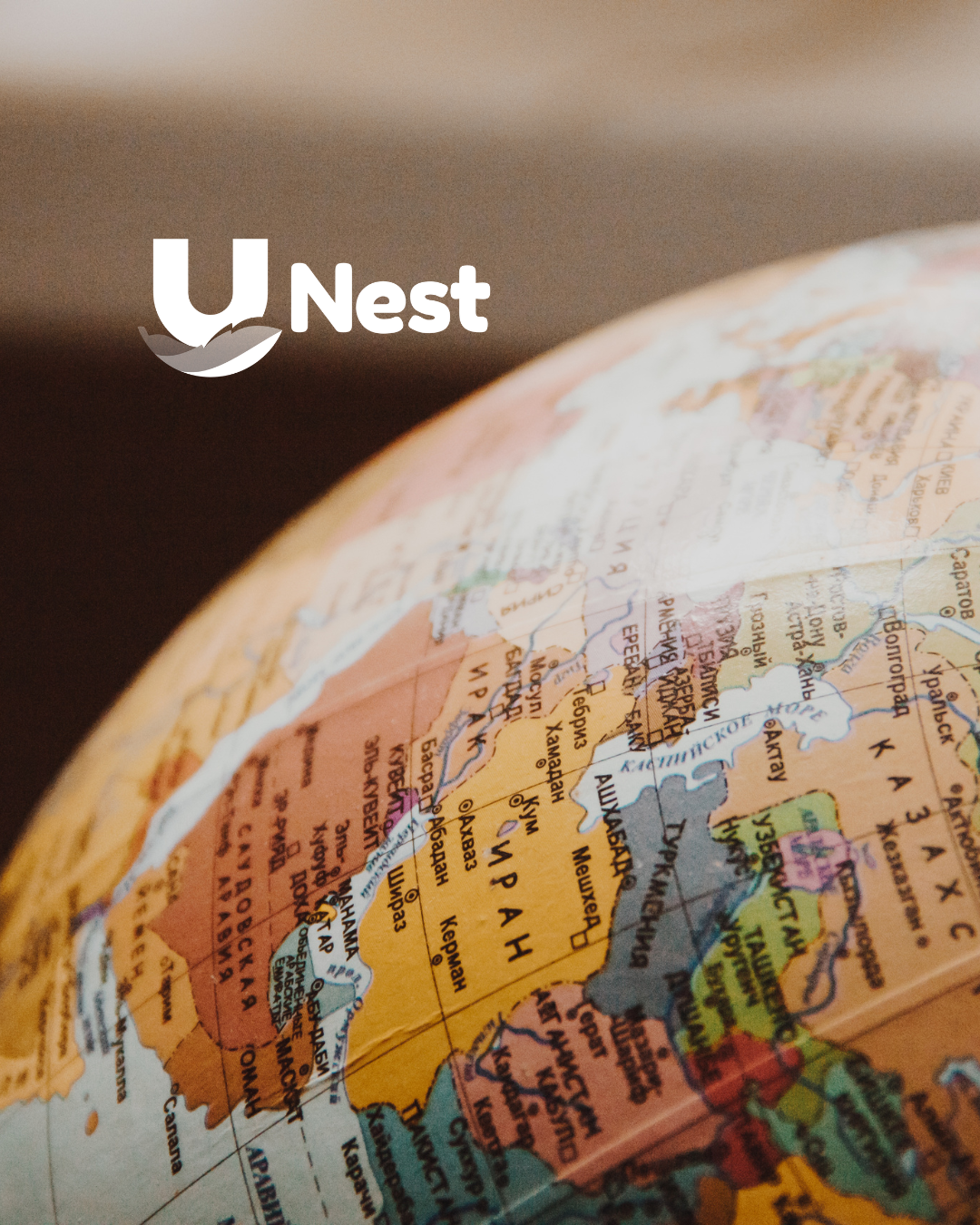August 18, 2025
The Financial Times recently highlighted a sobering reality: global wealth is concentrating faster than ever before. At the same time, a Pew Research Center survey found that people across dozens of countries see economic inequality as one of the biggest challenges facing the world today. From developed economies to emerging markets, families everywhere feel the same squeeze: while billionaires expand their financial reach, households struggle to save for education, housing, and retirement.
At UNest, we believe that access to financial tools should not be a privilege—it should be universal. The wealth gap is real, but families are not powerless. Here’s what growing inequality means today and how UNest helps level the playing field.
1. Why inequality is accelerating
The FT report points to systemic factors—tax codes, globalized markets, and exclusive investment opportunities—that disproportionately benefit the wealthy. Billionaires often have access to complex wealth strategies unavailable to everyday households, further widening the divide.
Pew’s research confirms that this isn’t just an economic statistic—it’s a shared global perception. In fact, large majorities in both rich and poor nations agree inequality is a critical threat. This shows the issue transcends borders and is shaping public confidence in governments and economies alike.
2. Families feel the pressure everywhere
For middle- and working-class families, the effects are personal: rising rents, higher childcare and healthcare costs, and wages that fail to keep pace with inflation. Parents who want to save for their children often face trade-offs—cover immediate expenses or plan for the future.
Pew’s data reveals that families across continents, from Latin America to Europe and Asia, share this same anxiety. Economic inequality isn’t a uniquely American problem—it’s a global challenge impacting opportunities for education, career advancement, and long-term security.
3. Small steps still make a big difference
Here’s the encouraging part: families don’t have to wait for systemic reform to act. Even modest, consistent contributions can build a foundation for future security. Thanks to compounding, a small monthly deposit into a savings account can grow into a meaningful asset over years and decades.
UNest is built for this exact purpose. Families can start with just a few dollars, automate their contributions, and invest in diversified portfolios—all without needing a trust fund, inheritance, or financial advisor. It’s about making the tools of wealth-building accessible to everyone.
4. Financial literacy is key to narrowing the gap
Both the FT and Pew articles point to a critical factor often overlooked in the inequality debate: knowledge. Financial literacy empowers families to take advantage of opportunities that already exist, even in systems that feel tilted toward the wealthy.
At UNest, we integrate education into our platform—helping parents teach kids about saving, setting goals, and understanding how money grows. The earlier children learn these lessons, the more resilient they’ll be against economic headwinds in adulthood.
5. Rebalancing opportunity, one family at a time
The global wealth gap won’t close overnight. Pew’s findings show that people overwhelmingly believe governments must do more—but public policy takes time. Families, however, can act now. By starting early, saving consistently, and modeling strong financial habits, parents can give their children a leg up no matter where they live.
That’s why UNest exists—to democratize saving and investing. We help families create financial stability without needing elite access or specialized advisors.
6. A call to action for today’s parents
The combined insights of the Financial Times and Pew Research make it clear: economic systems are not designed to level the playing field. But families can take steps to push back against inequality. Saving early, leveraging accessible tools, and prioritizing financial literacy are practical ways to build resilience.
The future doesn’t belong only to those with wealth—it belongs to families who choose to prepare for it.
📲 Give your family a path forward. Start saving with UNest today.
This material is for informational purposes only and should not be construed as financial, legal, or tax advice. You should consult your own financial, legal, and tax advisors before engaging in any transaction. Information, including hypothetical projections of finances, may not take into account taxes, commissions, or other factors which may significantly affect potential outcomes. This material should not be considered an offer or recommendation to buy or sell a security. While information and sources are believed to be accurate, UNest does not guarantee the accuracy or completeness of any information or source provided herein and is under no obligation to update this information.



